Green Goodness

Spinach is a superstar among green leafy vegetables. This low-calorie food is full of nutrients that are good for your body in several ways. From boosting the immune system -- your body's defense against germs -- to helping your heart, its advantages might surprise you.
Boosts Hydration
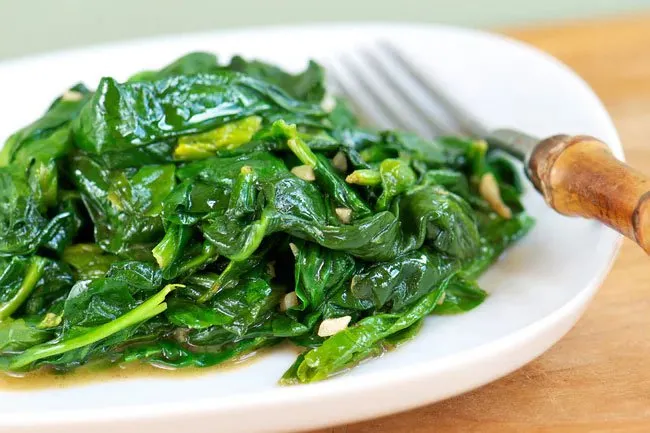
You might think sipping water and other drinks are the only way to hydrate. But food can help you reach that goal, too. Spinach is a vegetable that's nearly all water. Add it to your meals and snacks throughout the day for extra H2O.
Curbs Appetite

Studies suggest thylakoid extracts from plants like spinach may reduce your appetite. This happens because they lower levels of a hunger hormone and raise hormones that make you feel full. Thylakoids can also make your stomach empty later.
Helps Prevent Osteoporosis
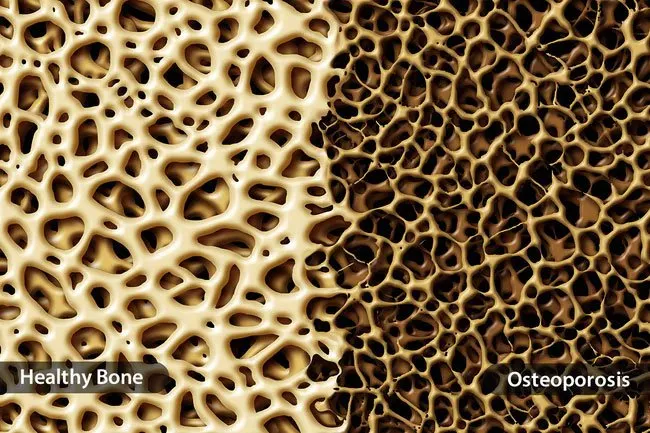
Spinach has calcium, manganese, and vitamin K, which are important for healthy bones. Your body is always getting rid of and rebuilding bone tissue. Osteoporosis -- a condition that makes your bones weak and break easily -- happens when the amount of new bone isn't replacing enough of the bone that's broken down. If you don't get enough calcium throughout your life, your chances of getting osteoporosis are higher.
Cuts Risk of Iron Deficiency Anemia
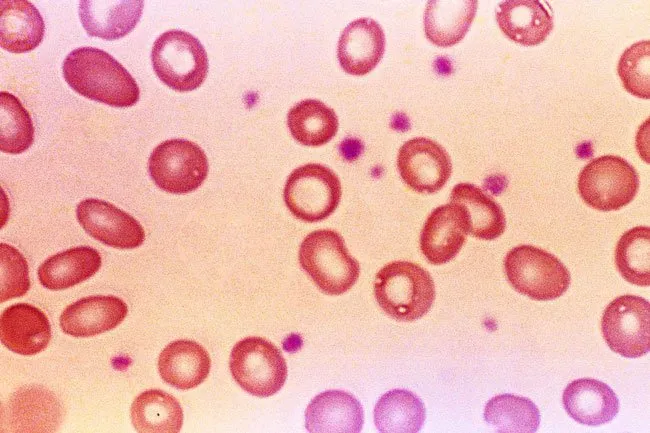
Spinach is a vegetarian source of iron, a mineral you need to help red blood cells bring oxygen to different areas of your body. When you have too little iron, you get iron deficiency anemia. This condition might make you feel weak, dizzy, and have trouble breathing.
Strengthens the Immune System

Spinach has vitamins and minerals like vitamin E and magnesium that support your immune system. This system keeps you safe from viruses and bacteria that cause disease. It also defends your body from other things that can hurt you, like toxins.
Assists Baby Development

There is a lot of folate in spinach. This vitamin prevents neural tube birth defects like spina bifida in babies. That's why your doctor might tell you to take a supplement with folic acid (the man-made version of folate) if you're pregnant. You also get vitamin B6 from spinach, which is important for your baby's brain to develop in your womb and after they're born.
Keeps Eyes Healthy

Lutein and zeaxanthin are carotenoids in spinach that lower your chances of having long-term eye conditions. For example, like vitamin C, they lower your odds of getting cataracts. You also get tons of vitamin A from spinach, which supports good vision.
Fights Free Radicals
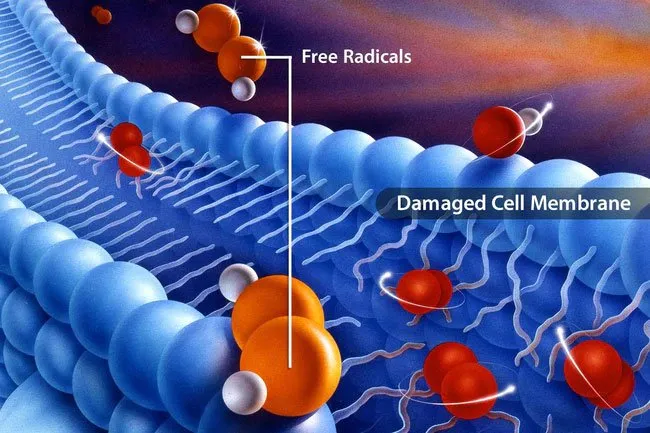
You can get antioxidants from fruits and vegetables, and spinach is no exception. Antioxidants limit the harm that molecules called "free radicals" can do to your cells. Cell damage from free radicals may play a role in illnesses like diabetes, cancer, and Parkinson's disease.
Supports Cardiovascular Health
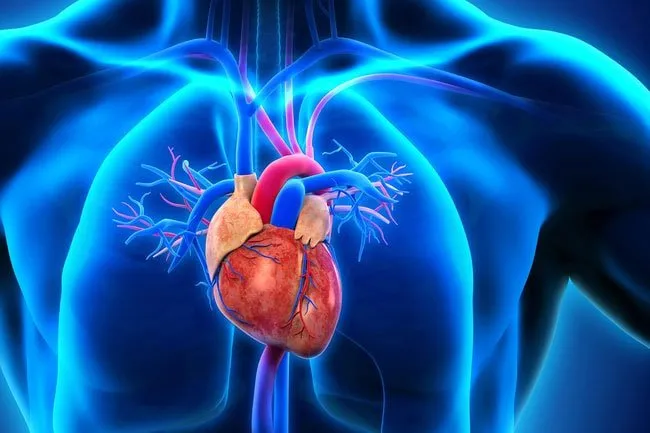
Spinach is a source of inorganic nitrate, which studies suggest may lower your chance of getting heart disease. Research shows it can lower your blood pressure and make your arteries less stiff, among other benefits. You also get potassium from spinach, which helps keep your heart working right.
Anti-inflammatory

Inflammation is part of how your body mends itself after you get hurt or come into contact with a dangerous substance. But long-term inflammation can be unhealthy. Eating foods like spinach that have anti-inflammation perks is a way you can reduce the inflammation in your body.
Wound Recovery

The vitamin C in spinach has many benefits, including helping your body make collagen, which it needs to repair injuries. Vitamin C also helps your body increase the amount of iron it absorbs from plant-based foods, which supports the healing process, too.
Offers Variety

You can eat this versatile vegetable many ways and gain its health advantages. Enjoy spinach raw in a salad or blended into a smoothie for its folate content. You can also sauté spinach or steam it without worrying about losing too many of its nutrients. Frozen spinach is another option for soups, stews, and egg dishes. Just defrost and squeeze out the extra water.
Smart Shopping

When buying spinach, make sure you look for leaves that have a vivid green color and stems that don't look yellow. Avoid bundles of spinach with leaves that have bruises or look droopy. Don't buy it if it looks slimy.
Storage Tips

Washing your spinach with water before you store it makes it more likely to go bad. Keep the spinach in a refrigerator in a plastic bag for storing food. Make sure you wrap the bag tightly around it. When you close the bag, get out all the air. This should help it stay fresh for up to 5 days.
Diet and Nutrition: Health Benefits of Spinach
This tool does not provide medical advice. See additional information: 
© 1996-2024 WebMD, LLC. All rights reserved.
